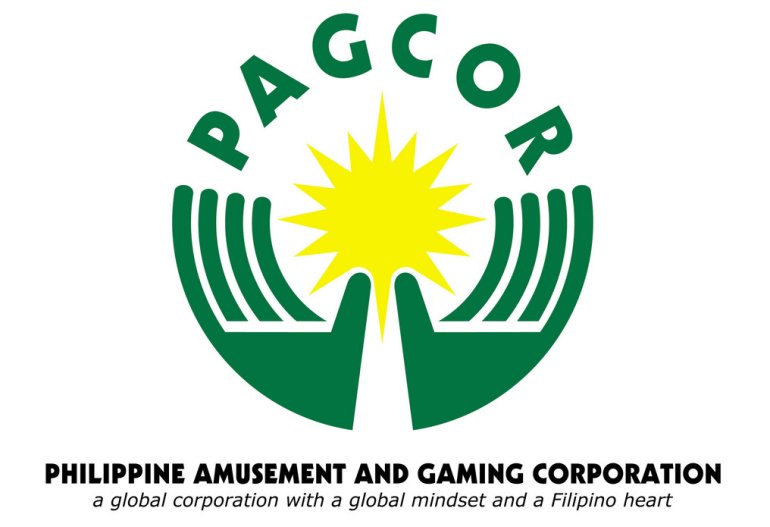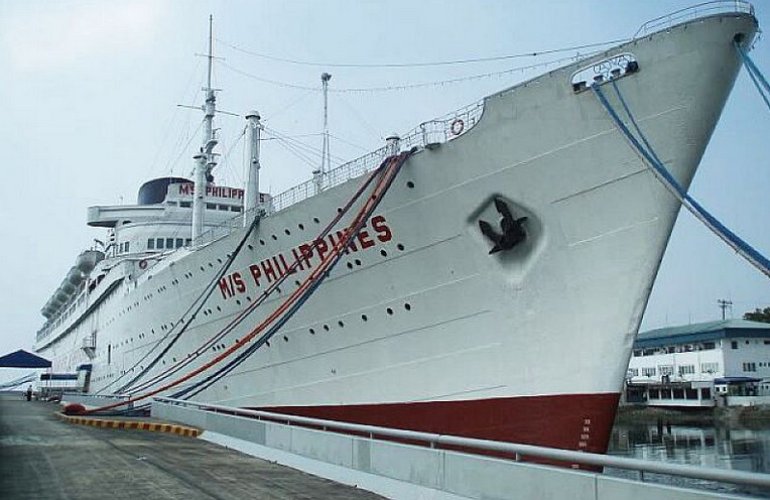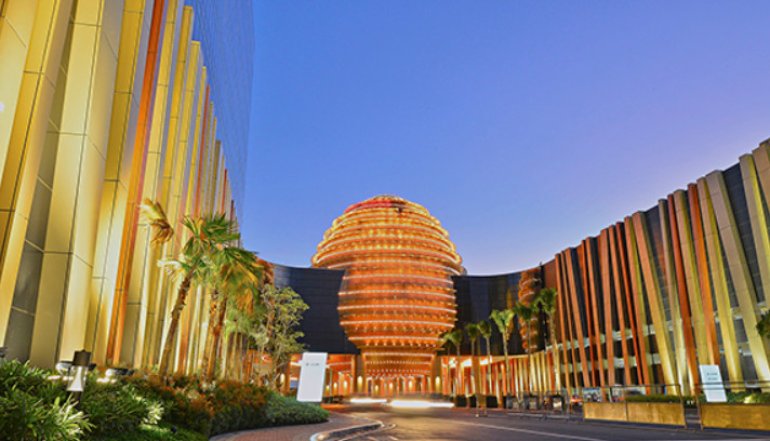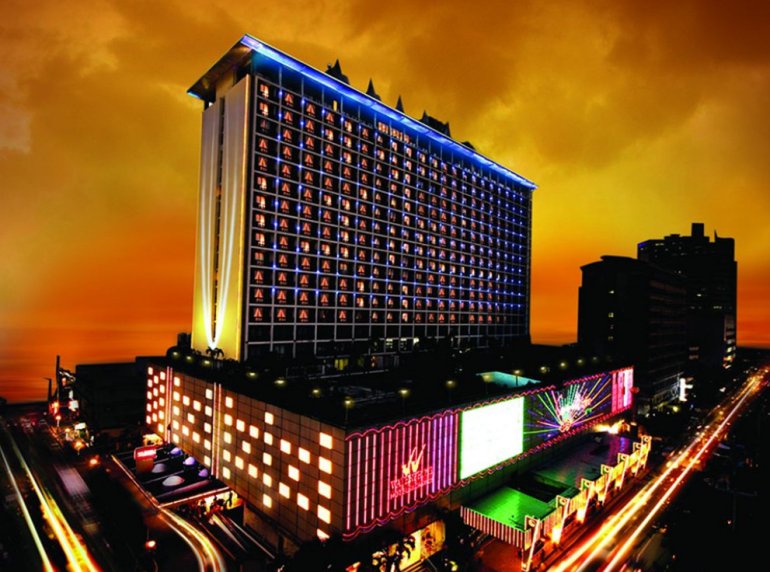
The gambling industry in the Philippines can be considered a successful example of how to organize gambling to earn the maximum profits for the state. Throughout the country, state casinos and private establishments are licensed by the corporation PAGCOR.
History of Gambling in the Philippines
Underground gambling flourished in Manila until the middle of the seventies of the 20th century. Many private establishments of different types operated without proper documentation, breaking the law in every possible way and avoiding paying taxes. These establishments included traditional casinos, as well as houses that offered original games, which were not widespread outside the country.
_770.jpg)
The only legal betting office, where it was possible to stake on jai-alai (a popular among Filipinos type of sport with a ball), and some bingo halls whose organizers were local churches were operating officially in the Philippines then.
President Marcos Ferdinand signed Decree #1067 in 1976, establishing the Philippine Amusement and Gaming Corporation. This government agency was intended to establish order in the gambling industry, making it a source of stable income, eliminate illegal forms of gambling, and contribute to the development of tourism in the country.
One year later, Manila Bay Casino started its activities in Manila. It was the first establishment to operate under the jurisdiction of PAGCOR. It was opened on board the three-deck cruise liner MS Philippine Tourist. Co-founders of this casino were the Philippine Casino Operators Corporation and Manila Bay Enterprises Incorporated, which the famous Stanley Ho partially owned.
A few years later, the ship suffered from a massive fire, making it impossible to continue operating the casino. Therefore, it was decided that gambling establishments under the patronage of PAGCOR would operate on the country's territory. The first one was launched at the Philippine Village Hotel.

PAGCOR was reorganized in 1986 and received new powers. Nowadays, it is a huge and influential government agency with more than eleven thousand employees. The corporation has its own casinos and slot halls in all major cities of the country. It also issues permits and supervises the activities of private gambling establishments, including casinos, bingo halls, and even Internet cafes that offer gambling entertainment.
The rules for issuing licenses to third-party operators are stringent and take into account national interests. So, only companies willing to invest at least one billion dollars may get permits to conduct business in the gambling industry. Moreover, at least 95% of their staff must be citizens of the Philippines, allowing the government to partially solve the problem of unemployment in the local population.
Since 2016, online gambling in the Philippines has been booming, especially in the Philippine Online Gaming Operators (POGO) segment. The country has become a central hub for online operators targeting the Asian market. This growth has attracted significant foreign investment and created thousands of jobs, contributing to the country's economic development.
However, along with this came concerns about potential money laundering and social repercussions associated with the proliferation of online gambling.
The Philippine Amusement and Gaming Corporation (PAGCOR) regulates and oversees the gambling industry, including land-based casinos and online operators. In recent years, the Philippine government has tightened online gambling regulations to combat illegal activities and ensure compliance with international standards.
One key focus area has been improving online operators' licensing and taxation systems. The government aims to create a transparent and efficient system to ensure revenue flows to the state budget and minimize the risks associated with illegal activities.
The COVID-19 pandemic significantly impacted the Philippine gambling industry. The closure of land-based casinos led to a dramatic decline in revenue but simultaneously accelerated the growth of online platforms. This shift has emphasized the need for effective regulation and oversight of the online sector and spurred the development of new technologies and solutions to ensure the safety and transparency of online gaming.
The Philippines remains one of Asia's leading centers of the gambling industry, combining traditional land-based casinos with a dynamic online sector. The country has many competitive advantages, such as a favorable geographical location, developed infrastructure, and relatively liberal legislation.
However, to further develop the gambling industry, the regulatory system must be improved, illegal activities must be combated, and the social impact must be minimized. The Philippine government recognizes these challenges and is taking steps to create a sustainable and responsible gambling industry.
Offline Casinos in Manila
There are now about twenty casinos in Manila. The majority are concentrated in Manila Bay and near the airport. Most establishments are owned by the Philippine Amusement and Gaming Corporation and operate under the brand name Casino Filipino. Gambling houses also belong to private companies and operate under the license issued by PAGCOR.

Below is a list of casinos that will be updated with each new establishment's opening/closing. Some are specialized casinos, others operate as luxury hotels, and there are also poker clubs that offer gambling games.
So, we offer you the list of casinos in the Philippines:
- Casino Filipino
- Casino Filipino Universal
- Casino Filipino Malabon
- Casino Filipino Binondo
- Casino Filipino Citystate
- Santa Cruz
- City of Dreams Manila
- Club Tropicana Las Pinas
- Club Tropicana Santa Mesa
- Manila Grand Opera
- Metro Card Club
- Lancaster Hotel
- Empire Poker Sports Club
- Madison Square Garden
- Master Poker Sports Club
- Midas
- Midas Touch Poker Sports Club
- New World Manila Bay
- Resorts World Manila
- Networld
- Pan Pacific Manila
- Waterfront Manila Pavillion
- Solaire
- Sofitel Philippine Plaza
Several new entertainment complexes with casinos are expected to open soon.

Other Kinds of Gambling Activities
Speaking of other forms of gambling in the Philippines, we should primarily recall the betting activity. Residents like the jai-alai mentioned above, cockfighting, and horse racing. Most of them willingly make bets in official and illegal betting offices.
The first bookmakers were legalized in the early eighteenth century. Now, MegaSportsWorld holds the license for this type of activity and has offices in most major towns of the country.

We can't help recalling Internet cafes. Metro Manila, owned by PAGCOR, operates over one hundred such establishments. Visitors can legally make bets in different online games of chance.
In addition, this form of entertainment is offered on several official websites whose operator is BigGame, which operates under the license issued by PAGCOR.
Online gambling is also in high demand among locals and tourists, so the experts predict a great future.
Conclusion
The gambling industry in the Philippines keeps growing despite the significant decrease in this field in many other countries. Casinos in Manila and other cities draw customers' attention from different countries. In particular, over one million Chinese gamers visited them last year. Considering that the government of China has undertaken serious attempts to eliminate corruption in the gambling industry, which affects many Chinese casinos, it can be expected that the flow of tourists from this country will increase.
Casinoz will monitor the situation in the Philippines' gambling industry and familiarize its readers with all interesting news. Stay tuned!


























